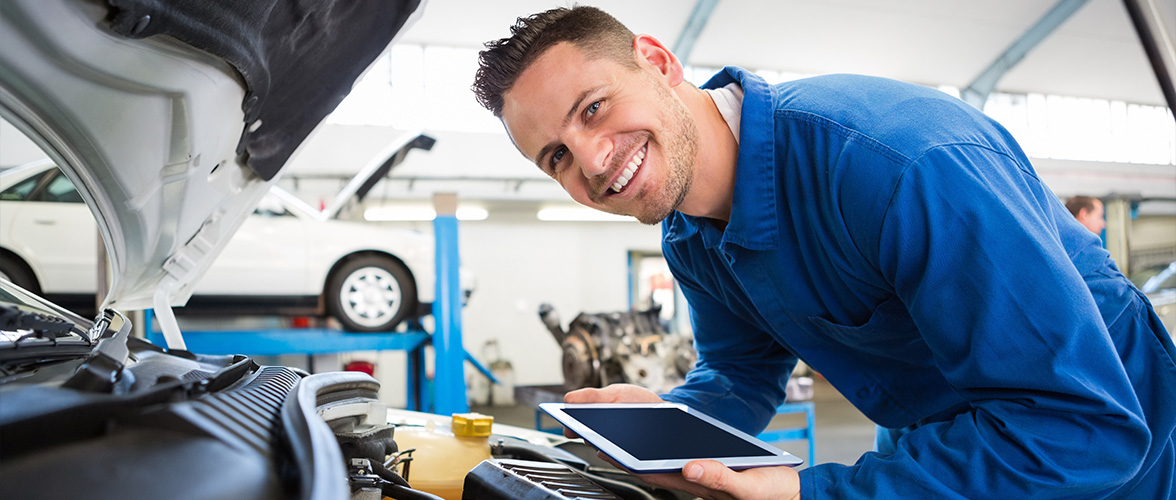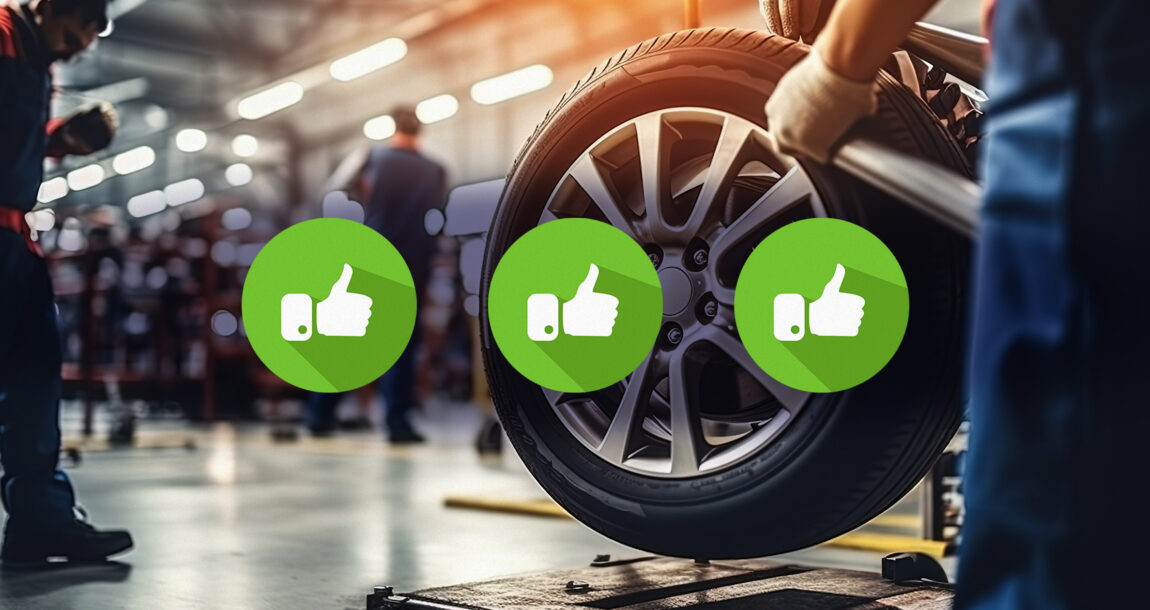All Categories
Featured
Your car counts on different liquids to maintain its components running smoothly and successfully. Neglecting these fluids can bring about decreased performance, possible safety and security risks, and pricey repair work. Understanding the function of each liquid and staying proactive in upkeep ensures your car operates at its ideal. This short article discovers the crucial lorry liquids and their relevance to your car's health and wellness.
![]()
Why It Matters: Without correct lubrication, engine parts can grind against each other, bring about substantial damages. Upkeep Tips: Examine your oil level monthly utilizing the dipstick and complete if required. Change the oil and filter according to your automobile's solution timetable, commonly every 3,000 to 7,500 miles depending upon the oil type and driving problems. 2. Coolant: Managing Engine Temperature. Coolant, likewise called antifreeze, aids maintain your engine's temperature level within the optimum range. It protects against overheating during heat and freezing throughout cool problems.
Why It Issues: Degraded or insufficient coolant can cause engine overheating, which can create extreme damages. Upkeep Tips: Inspect the coolant reservoir on a regular basis and search for leakages or discoloration. Flush and refill coolant as advised, normally every two to five years. 3. Brake Fluid: Reputable Ceasing Power. Brake fluid is important for your vehicle's stopping system, transferring the pressure from your foot on the brake pedal to the brakes themselves. Gradually, brake liquid can take in wetness, which lowers its efficiency.
Why It Matters: A jeopardized braking system can badly impact your security. Maintenance Tips: Inspect the brake liquid storage tank and make certain the degree remains within the indicated variety. Change the liquid every 2 to three years or as needed. 4. Transmission Liquid: Smooth Gear Shifts. Transmission fluid lubes the transmission parts and makes certain seamless equipment changes. It additionally avoids overheating by cooling down the system.
![]()
Why It Issues: Disregarded transmission liquid can result in tailor slippage, overheating, and even complete transmission failure. Upkeep Tips: Monitor the liquid's level and condition consistently. Replace it according to the manufacturer's referrals, usually every 30,000 to 60,000 miles. 5. Power Guiding Fluid: Effortless Handling. Power guiding liquid helps in smooth and accurate guiding. Low or polluted fluid can make guiding more tough, putting stress on the system.
Why It Matters: Poor guiding responsiveness can compromise your control over the automobile. Maintenance Tips: Routinely inspect the fluid level and color, and leading it off as needed. Be mindful to leakages or uncommon guiding sounds. 6. Windscreen Washer Liquid: Clear Visibility. While it does not influence efficiency, windshield washing machine liquid is important for maintaining visibility, particularly in negative problems.
![]()
Why It Matters: A tidy windscreen guarantees you can see clearly, minimizing the risk of mishaps. Maintenance Tips: Replenish the washer liquid tank frequently and utilize a formula suited to your climate to avoid cold or streaking. Why Normal Liquid Upkeep is Essential. Optimum Performance: Correct liquid levels and top quality make sure all systems run smoothly. Security Assurance: Brake and power steering liquids directly impact your ability to regulate the car. Expense Savings: Preventative upkeep avoids costly repairs by capturing prospective problems early. Longevity: Liquids in great condition aid extend the life of vital parts, consisting of the engine and transmission. Quick Tips for Effective Liquid Upkeep. Adhere to the Guidebook: Refer to your automobile's owner manual for specific upkeep intervals. Be Alert for Leaks: Pools under your automobile can show fluid leakages that need instant interest. Use Recommended Products: Adhere to liquids advised by your automobile manufacturer to avoid compatibility issues. Take Notice Of Indication: Control panel alerts or unusual efficiency can signify liquid problems. Conclusion. Keeping your vehicle's liquids is one of the most basic means to maintain it running efficiently and safely. Whether it's engine oil, coolant, or brake liquid, each plays an essential function in your auto's total wellness. Normal checks, incorporated with timely substitutes, can avoid break downs, improve efficiency, and prolong the life of your vehicle. Remain positive, and you'll take pleasure in a smoother and much safer driving experience for many years to find.

- Engine Oil: The Lifeline of Your Engine. Engine oil plays an essential duty in lubricating the engine's moving parts, minimizing rubbing, and protecting against wear and overheating. Over time, oil deteriorates or becomes contaminated with particles, which can jeopardize its efficiency.
Why It Matters: Without correct lubrication, engine parts can grind against each other, bring about substantial damages. Upkeep Tips: Examine your oil level monthly utilizing the dipstick and complete if required. Change the oil and filter according to your automobile's solution timetable, commonly every 3,000 to 7,500 miles depending upon the oil type and driving problems. 2. Coolant: Managing Engine Temperature. Coolant, likewise called antifreeze, aids maintain your engine's temperature level within the optimum range. It protects against overheating during heat and freezing throughout cool problems.
Why It Issues: Degraded or insufficient coolant can cause engine overheating, which can create extreme damages. Upkeep Tips: Inspect the coolant reservoir on a regular basis and search for leakages or discoloration. Flush and refill coolant as advised, normally every two to five years. 3. Brake Fluid: Reputable Ceasing Power. Brake fluid is important for your vehicle's stopping system, transferring the pressure from your foot on the brake pedal to the brakes themselves. Gradually, brake liquid can take in wetness, which lowers its efficiency.
Why It Matters: A jeopardized braking system can badly impact your security. Maintenance Tips: Inspect the brake liquid storage tank and make certain the degree remains within the indicated variety. Change the liquid every 2 to three years or as needed. 4. Transmission Liquid: Smooth Gear Shifts. Transmission fluid lubes the transmission parts and makes certain seamless equipment changes. It additionally avoids overheating by cooling down the system.

Why It Issues: Disregarded transmission liquid can result in tailor slippage, overheating, and even complete transmission failure. Upkeep Tips: Monitor the liquid's level and condition consistently. Replace it according to the manufacturer's referrals, usually every 30,000 to 60,000 miles. 5. Power Guiding Fluid: Effortless Handling. Power guiding liquid helps in smooth and accurate guiding. Low or polluted fluid can make guiding more tough, putting stress on the system.
Why It Matters: Poor guiding responsiveness can compromise your control over the automobile. Maintenance Tips: Routinely inspect the fluid level and color, and leading it off as needed. Be mindful to leakages or uncommon guiding sounds. 6. Windscreen Washer Liquid: Clear Visibility. While it does not influence efficiency, windshield washing machine liquid is important for maintaining visibility, particularly in negative problems.

Why It Matters: A tidy windscreen guarantees you can see clearly, minimizing the risk of mishaps. Maintenance Tips: Replenish the washer liquid tank frequently and utilize a formula suited to your climate to avoid cold or streaking. Why Normal Liquid Upkeep is Essential. Optimum Performance: Correct liquid levels and top quality make sure all systems run smoothly. Security Assurance: Brake and power steering liquids directly impact your ability to regulate the car. Expense Savings: Preventative upkeep avoids costly repairs by capturing prospective problems early. Longevity: Liquids in great condition aid extend the life of vital parts, consisting of the engine and transmission. Quick Tips for Effective Liquid Upkeep. Adhere to the Guidebook: Refer to your automobile's owner manual for specific upkeep intervals. Be Alert for Leaks: Pools under your automobile can show fluid leakages that need instant interest. Use Recommended Products: Adhere to liquids advised by your automobile manufacturer to avoid compatibility issues. Take Notice Of Indication: Control panel alerts or unusual efficiency can signify liquid problems. Conclusion. Keeping your vehicle's liquids is one of the most basic means to maintain it running efficiently and safely. Whether it's engine oil, coolant, or brake liquid, each plays an essential function in your auto's total wellness. Normal checks, incorporated with timely substitutes, can avoid break downs, improve efficiency, and prolong the life of your vehicle. Remain positive, and you'll take pleasure in a smoother and much safer driving experience for many years to find.
Latest Posts
Uncover the Top Auto Repair Deals in Montclare, Chicago
Published en
1 min read
Discover Brake Repair & More: Comprehensive Auto Care Solutions from Montclare Auto Repair
Published en
1 min read
Explore Your Financial Partner at WyHy – Top Benefits for Your Financial Goals
Published en
1 min read
More
Latest Posts
Uncover the Top Auto Repair Deals in Montclare, Chicago
Published May 25, 25
1 min read
Discover Brake Repair & More: Comprehensive Auto Care Solutions from Montclare Auto Repair
Published May 25, 25
1 min read
Explore Your Financial Partner at WyHy – Top Benefits for Your Financial Goals
Published May 23, 25
1 min read